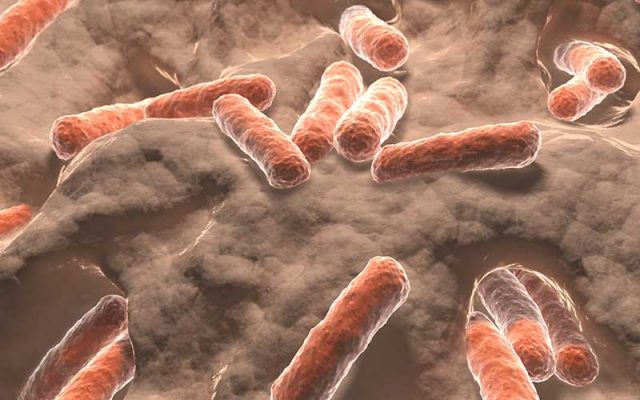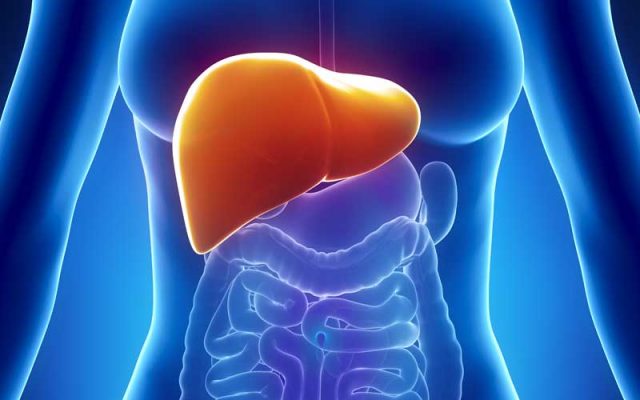Oral Tolerance Part II: The overlooked power of short-chain fatty acids (SCFAs) for immune health, brain health, and food sensitivities
Go here to read Part I: New food sensitivity issues on AIP? The oral tolerance protocol In my first article on oral tolerance, I talked about why many people develop an increasing number of food sensitivities on restrictive healing diets and what to do about it. The primary cause is called loss of oral tolerance, and…









